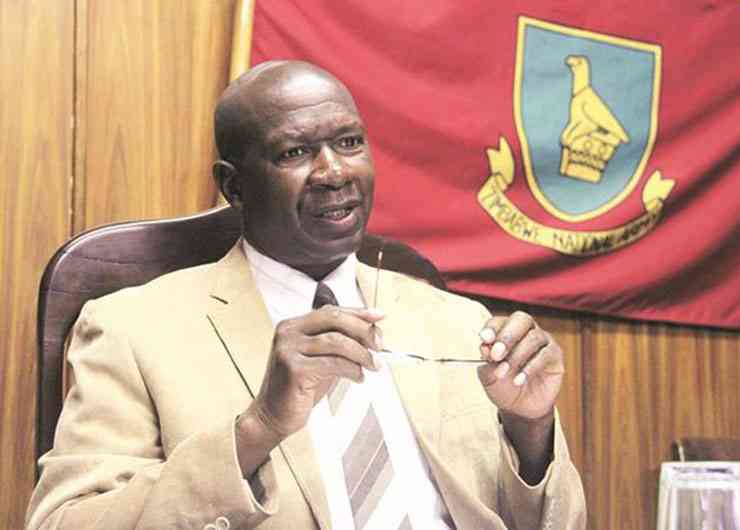
ZIMBABWE has begun making preparations to join a regional payments system being developed by Southern African Development Community (Sadc) as part of broader regional integration efforts, a member of the Reserve Bank of Zimbabwe (RBZ)’s Monetary Policy Committee (MPC) said yesterday.
This week, Zimbabwe hosted the 7th Sadc Industrialisation Week, an event aimed at promoting the region’s industrialisation strategy.
Under the plan, member states intend to facilitate seamless transactions across borders.
“Afreximbank (African Export-Import Bank) has already developed a payment platform to take care of payments within the regions, and we got a number of regions that have so far adopted this,” MPC member Persistence Gwanyanya said yesterday at a breakfast meeting of the Sadc Industrialisation Week.
“This payment platform will enable countries within the regions to do cross-border payments in local currencies just like other regional economies. Now, this is the reason why even here, in Zimbabwe, we are seized with the functionality of our own local currency, which is ZiG (Zimbabwe Gold).
“We have started with a structured currency which we want to graduate to a mono-currency, so that we fit perfectly in the regional economy or the initiatives, which are coming in the regional economy.”
Gwanyanya said Afreximbank would guarantee regional transactions and noted that central banks across various countries were joining the platform.
“Just as we are all operating under the SWIFT system, we should be able to operate under the platform that has been developed by Afreximbank to meet the realities of inter-African regional trade,” he said.
- Mavhunga puts DeMbare into Chibuku quarterfinals
- Bulls to charge into Zimbabwe gold stocks
- Ndiraya concerned as goals dry up
- Letters: How solar power is transforming African farms
Keep Reading
He said Afreximbank would guarantee
the regional transactions, adding that countries’ central banks were joining the platform.
The payment system referred to is the Pan-African Payment and Settlement System (PAPSS), a cross-border financial market infrastructure that facilitates transactions across the continent.
Another inter-regional payment and settlement system is also currently being developed under the Common Market for Eastern and Southern Africa (Comesa).
Comesa Business Council chief executive officer Teddy Soobramanien said: “The Comesa Business Council is working on an online retail payment platform that is low cost and interoperable.
“So, it is going to be interoperable with Sadc, PAPSS, and other platforms in Africa.
“We are hoping to be able to launch the platform by the end of this year or early next year.
“I am hoping to include more countries. Zimbabwe is not part of the initial eight pilot countries but we will broaden to include other countries. The eight pilot countries are Kenya, Malawi, Zambia, Ethiopia, Egypt, Mauritius, Rwanda, and Uganda.
“Once we launch it in the Comesa region — Comesa countries are also members of the Sadc — we are going to make it inter-operable with the Sadc payment platform as well. Sadc has one called RTGS,” he added.
Industry and Commerce minister Nqobizitha Ndhlovu said if the country was going to establish a resilient industrial sector, a mono-currency was the way to go.
“It is never easy to introduce a currency, more so, in the circumstances that our country finds itself in,” he said.
“We should be clearly alive to our circumstances, and we should know that it will take a collective effort from the government and private sector to make our currency work.
“I say mono-currency is necessary and important for industrialisation because it becomes very easy to rely on imports when you have a strong currency in the region because imports become relatively — and let me use the word relatively – cheaper and that does not always work for your industrial sector.”










